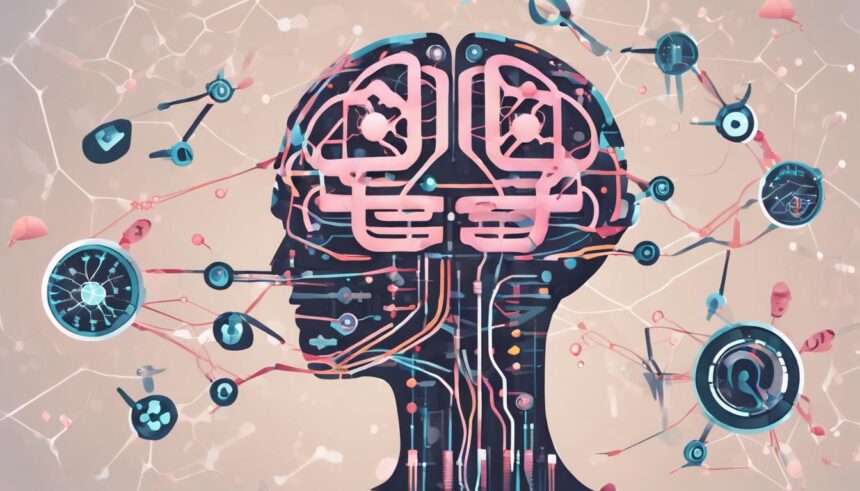In a groundbreaking move, XtalPi Inc. is set to present its latest AI advancements in cancer vaccine design at the AACR 2024, signaling a new era in personalized cancer therapeutics.
In a remarkable stride towards revolutionizing cancer treatment, XtalPi Inc., a pioneering force in the integration of artificial intelligence (AI) and robotics within the medicinal and materials science sectors, is poised to unveil its latest advancements in AI-driven cancer vaccine design. This significant development is slated for presentation at the prestigious 2024 American Association for Cancer Research (AACR) Annual Meeting, occurring from April 5th to 10th in San Diego, California. This announcement underscores an era of innovation in the quest for more effective cancer therapeutics.
Cancer vaccines, a nuanced field of medical science, aim to prompt the immune system to attack cancer cells by recognizing and responding to cancer-specific antigens. The challenge, however, lies in the identification and validation of potent antigens that could serve as viable targets for such vaccines. Enter XtalPi’s ground-breaking AI platform, which has shown remarkable efficacy in the design of shared neoantigen peptide cancer vaccines, representing a leap forward in the development of personalized cancer treatments.
XtalPi’s research, a collaborative effort with CK Life Sciences, leverages an innovative approach from its peptide Research & Development (R&D) platform. This collaborative initiative aims to transcend conventional barriers in therapeutic creation, applying frontier technology for global patient benefit. According to Dr. Lipeng Lai, Co-founder and Chief Innovation Officer at XtalPi, the project’s ambition is to harness the company’s peptide R&D capabilities to craft cancer vaccines with enhanced efficacy, marking a significant step forward in the fight against this complex disease.
The technical core of XtalPi’s achievement involves the development of new models capable of accurately predicting the likelihood of a peptide, derived from a protein of interest, being presented by the Major Histocompatibility Complex class I (MHC-I) or class II (MHC-II). This predictive capability is critical in assessing a peptide’s potential as a vaccine candidate, addressing one of the pivotal challenges in vaccine design. Notably, XtalPi’s AI models have not only matched but surpassed the performance of existing state-of-the-art prediction algorithms in this domain.
XtalPi’s Peptide R&D Platform stands at the core of this innovation, melding dry-lab design with wet-lab validation. Based in Beijing, the platform epitomizes the integration of high-tech strategies in the peptide development process, spanning design, synthesis, and screening. This blend of computational and experimental methodologies aims to streamline the peptide discovery and optimization process, potentially reducing the development cycle of new therapeutics.
Founded on the Massachusetts Institute of Technology (MIT) campus in 2015, XtalPi has swiftly emerged as a technological innovator, dedicated to transforming the life sciences and new materials industries through a synergistic fusion of AI, quantum physics, cloud computing, and robotics. XtalPi’s contributions to the biopharmaceutical realm, exemplified by its AI cancer vaccine design platform, not only highlight its commitment to innovation but also signal a promising horizon in the pursuit of advanced, efficacious cancer treatments.
As XtalPi prepares to share the specifics of its latest triumphs in AI-driven vaccine design with the global scientific community at AACR 2024, the anticipation builds for a future where cancer treatments are more personalized, effective, and accessible. This endeavor, bridging the cutting edge of artificial intelligence with the intricate science of immunology, could well chart the course for the next generation of cancer therapeutics.





